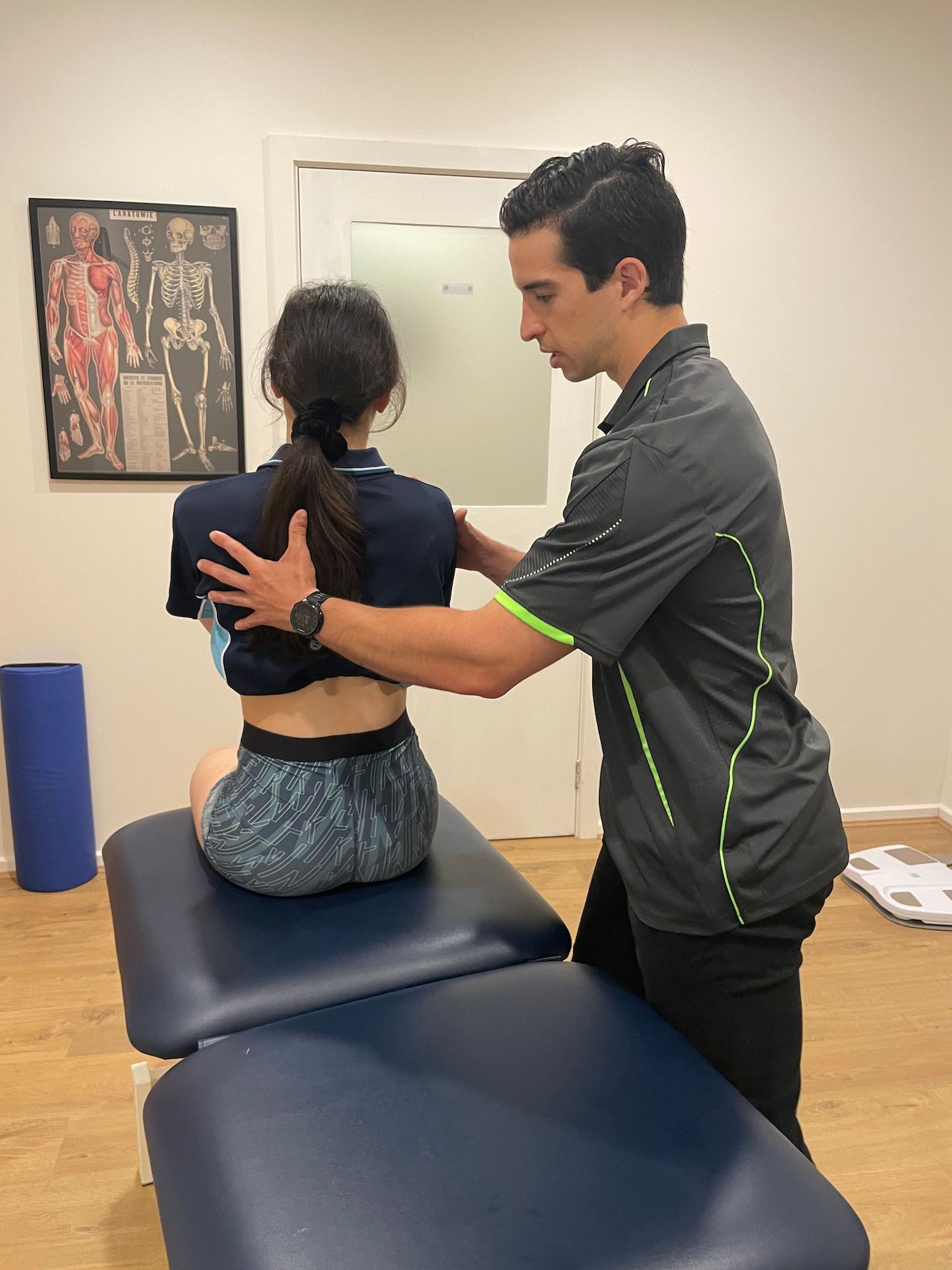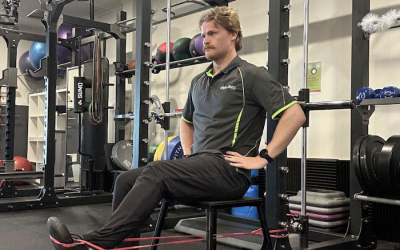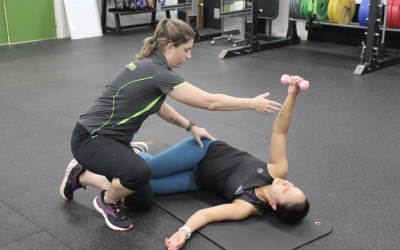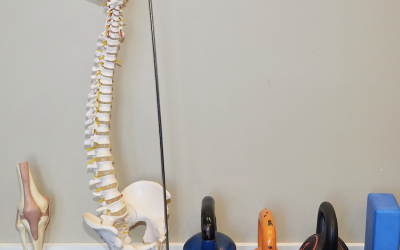Have I slipped a disc?

Have I just slipped a disc? Oh no!
Fear not! It isn’t the end of the world.
Throughout our lives, we put our spine under pressure with everyday occurrences like household chores, sport, work, weight gain and direct trauma.
This can cause the jelly-like disc to slowly, but surely, become more flat and less shock absorbent. Eventually due to wear and tear, they lose their shape and bulge out slightly, which CAN or CANNOT touch the surrounding nerve roots causing irritation and nerve pain.
So, as our bodies start the degeneration process from the time we are in our mid-twenties, coupled with everyday stress and trauma, disc bulges would seem pretty common, yeah? Well, it is…especially over the age of 40, usually in the lower back.
Surprisingly, a lot of people “slip”discs, yet have no symptoms of this whatsoever, simply due to general wear and tear! And so, they go on with their lives- none the wiser!
Yes. That’s right. Bulging discs can have no symptoms.
Just because your MRI comes back positive with a result for a bulge, doesn’t necessarily mean that it is going to be the source of your pain. You may not even know how long you have had it for!
If it does turnout that you have sustained an acute disc bulge, and it is causing you pain, Myotherapy can assist in reducing the associated symptoms, like tight muscles, as well as strengthen the core and the spine using using basic exercises to prevent further postural and mechanical issues.
Symptoms usually hang around for about 6 weeks (depending on each individual case and the things they are doing to assist recovery), but thankfully, not forever.
With this in mind, our bodies are clever and will occasionally tighten the surrounding areas as a safeguard, and this can be managed and released by our fabulous Myos.
– Alli Jennings
Exploring ACL Injury Management: Beyond the Default to Surgery
Understanding different treatment options for ACL recovery, before you jump into surgery. If you’ve just suffered an ACL injury you’re likely facing a whirlwind of decisions about your recovery. Traditionally, many people assume surgery via ACL reconstruction is the...
Adhesive Capsulitis or Frozen Shoulder: Causes, the stages, prognosis and treatment options
Understanding why it happens, its natural progression and the best ways to manage it, including the role of physiotherapy and potential surgical options. Frozen shoulder, or adhesive capsulitis, is a frustrating condition that can significantly affect your shoulder...
The Physio’s Exercise Guide for Perimenopause & Menopause
Support your body through perimenopause and menopause with effective strength, balance, and flexibility exercises designed to ease symptoms and build resilience.Regular exercise is important for all times of life including as our hormones are fluctuating with this...



